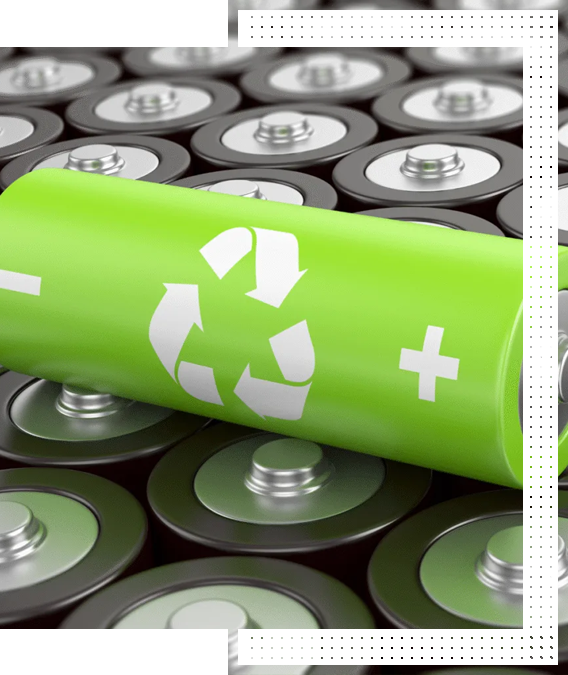

- Home
- About Us
-
Services
-
- Environmental Impact Assessment (EIA)
- Consent to Establish & Operate (CTE/CTO)
- Coastal Regulation Zone (CRZ) Clearance
- Central Ground Water Authority (CGWA) NOC
Regulatory Compliance and Permitting (TNPCB/CPCB)
-
- EPR - E-Waste
- EPR - Battery Waste
- EPR - Plastic Waste
- EPR - Used Oil
- EPR - Waste Tyre
Extended Producer Responsibility (EPR)
-
- Contact Us
